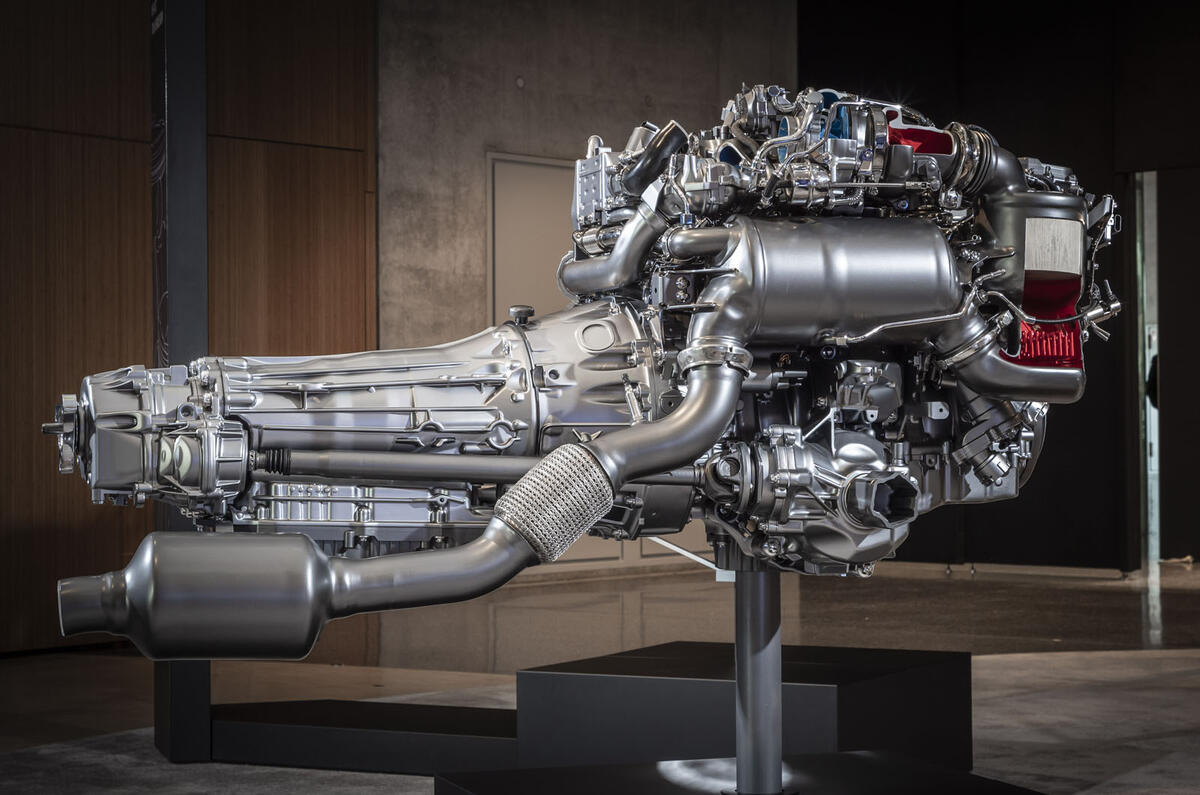You’d think one huge legislative burden would be enough, but now the European car industry is facing another.
The highly controversial Euro 7 emissions standards, which until this week had been expected to be delayed for so long they would likely never be introduced, will be coming after all, and within just two and a half years.




Join the debate
Add your comment
Yes they will soon be obsolete but that is no reason not to invest in making them as clean, and more important that that cleanliness should be a durable and monitored, as possible.
Cars sold with EU7 will be available until 2035 and will probably be on the road for at least 15 years after that (Euro average parc life is 15 years) So that puts us in 2050 before these cars are off the road.
So there are nearly 30 years worth of reasons why these investments should be made.
I agree and the additional engineering isnt considered excessive by everyone in the industry: see Emissions Analytics assessment on LinkedIn.
In addition, new elements concerning brake and tyre particles will be relevant for EV's.